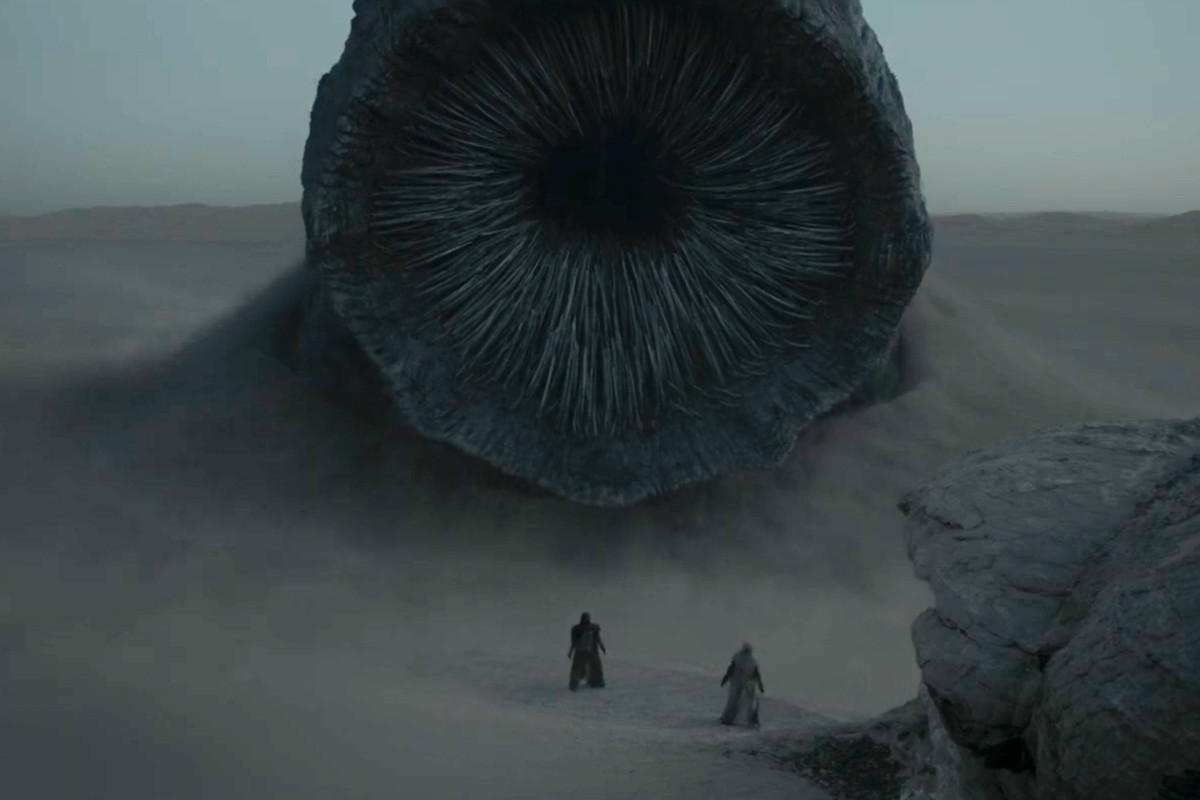by Nick Batora, Athens Science Café
There is incredible and beautiful diversity of life all around you. No, I'm not talking about the wildlife at your local botanical garden or park, but rather all of the tiny life that you cannot easily see. Microorganisms are everywhere. They are all over you and everything you touch (suppress any phobias you may have of germs). Researchers are increasingly interested in studying the diversity of life of these microbes and are using sophisticated techniques to do so. However, some argue that the way in which microbial diversity is measured could result in us missing out on an entire group of microbes sharing this planet with us. These hidden microbes are collectively known as the shadow biosphere.
When scientists measure microbe diversity they look for genes that all microbes share, as far as we know. All forms of life on Earth function with the same basic building blocks such as amino acids, DNA, and even certain essential proteins. With this in mind, typically scientists' will sequence the DNA of something like a gene coding for some apparently crucial protein such as a subunit of the ribosome (which is an important enzyme for making other proteins). Based on the diversity of sequence data obtained; it is possible to infer the diversity of microbes in the sample. For instance, if it is found that there are 10 unique sequences for the ribosomal subunit, then it can be concluded that there are at least 10 different “species†of microbe in the sample. This logic has been incredibly fruitful for finding hidden life on our planet, but what if there were some microbes in that sample that didn't have a ribosome? Wouldn't we be missing out on that diversity? In order for something like that to be true, these microbes would need to have fundamentally different biochemistry than any other microbes yet discovered and these hypothetical microbes would be lost in the shadows to scientists'.
The shadow biosphere is based in the idea that there might be organisms that have slightly different biochemistry than life, as we know it. If our approach to detecting life is based on the assumption that all life shares the same biochemistry, then we potentially could completely look over life that's staring us in the face. A few researchers believe there already is evidence for this shadow biosphere. For example, if you take into account all the life on this planet, that we are aware of, and measure the carbon in the atmosphere we expect to be emitted by these organisms, there appears to be some extra carbon coming from somewhere we haven't accounted for. If you believe in the shadow biosphere, these are intriguing results.
This idea that life could exist with fundamentally different biochemistry is by no means a new one and it is receiving a lot of attention when we think about finding life on other planets. For instance, a few years ago NASA scientists thought they had found a microorganism that uses silicon instead of phosphorus for cellular functions. This would have been fundamentally different than every other form of life ever encountered and generated a great deal of publicity at the time. Unfortunately, it turned out they were wrong and we have yet to discover any such life form on Earth. It's still a tantalizing possibility that scientists are taking seriously enough that it was a topic of annual AAAS meeting (American Association for the Advancement of Science) earlier this year when the topic alien life was discussed.
The shadow biosphere and the idea that we do not yet completely know of all of the ways life can form are rather exciting. It means that there are still things out there yet to be discovered; even something as fundamental as a new form of life. Whether it's here on Earth or out in the cosmos, life theoretically can come in different flavors than the kind we are used to. Will we ever find new forms of life? I don't know, but it's important to keep our minds open to idea that life, as we currently understand it, might not be how we always understand it.
About the Author
 Nick Batora is a Ph.D graduate student in the Department of Genetics at the University of Georgia. He also is a plant biologist, enjoys hiking, and once received a gold ribbon in a hip-hop dance competition in Detroit, Michigan. For more information you can contact him at batorani@gmail.com Nick Batora is a Ph.D graduate student in the Department of Genetics at the University of Georgia. He also is a plant biologist, enjoys hiking, and once received a gold ribbon in a hip-hop dance competition in Detroit, Michigan. For more information you can contact him at batorani@gmail.com |
References Cited
http://www.rawstory.com/2013/04/shadow-biosphere-theory-gaining-scientific-support/
http://science.nasa.gov/science-news/science-at-nasa/2010/02dec_monolake/
http://nasawatch.com/archives/2012/07/nasas-big-arsen.html
About the Author
-
athenssciencecafehttps://athensscienceobserver.com/author/athenssciencecafe/April 17, 2020
-
athenssciencecafehttps://athensscienceobserver.com/author/athenssciencecafe/April 12, 2020
-
athenssciencecafehttps://athensscienceobserver.com/author/athenssciencecafe/April 3, 2020
-
athenssciencecafehttps://athensscienceobserver.com/author/athenssciencecafe/March 30, 2020







